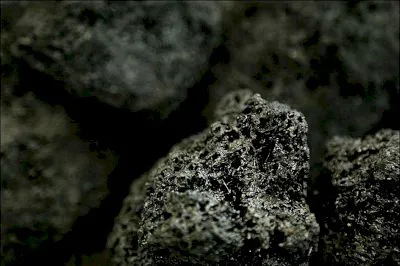What is petroleum coke?
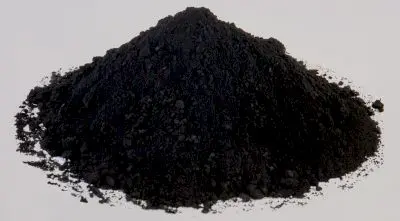
Petroleum coke, often abbreviated as petcoke, is a carbonaceous solid derived from the refining process of crude oil. It is a byproduct of the petroleum industry and is produced when heavy crude oil is processed into lighter fractions such as gasoline and diesel fuel. Petroleum coke is primarily composed of carbon and contains small amounts of sulfur, nitrogen, and other impurities. It is a dark, solid material with a high carbon content, typically ranging from 85% to 95%. The carbon content makes petroleum coke a valuable fuel source, especially for industrial processes that require high heat and energy.
There are two main types of petroleum coke: calcined coke and fuel-grade coke. Calcined coke is further processed through a heating process to remove volatile matter and moisture, resulting in a more pure and higher-quality product. Calcined coke is mainly used in the production of anodes for the aluminum industry and as a source of carbon in the steel industry. Fuel-grade coke, on the other hand, is less pure and is primarily used as a fuel in power plants and cement kilns. It has a higher sulfur content and lower carbon content compared to calcined coke, which makes it less suitable for producing high-quality carbon products.
What is petroleum coke?, Read More ...
What are the uses of petroleum coke?
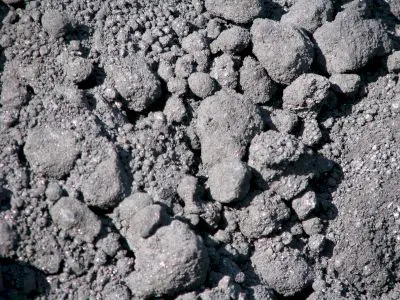
Petroleum coke has a high carbon content, typically ranging from 85% to 95%. This makes it an excellent source of carbon for industries that require carbon-rich materials such as steelmaking, aluminum smelting, and the production of carbon and graphite-based products. Petroleum coke has a high calorific value, meaning it releases a significant amount of heat energy when burned. This makes it an efficient fuel source for power generation, cement kilns, and other industrial processes that require high heat. Calcined petroleum coke, in particular, has excellent electrical conductivity due to its carbon content. This makes it an ideal material for the production of carbon and graphite electrodes used in industries like aluminum smelting and steelmaking, where electrical conductivity is crucial.
Petroleum coke is a byproduct of the petroleum refining process, which means it is readily available in large quantities. Refineries produce petroleum coke as part of their operations, and this abundance makes it an economical choice for various industries. Petroleum coke can be processed and modified to meet the specific requirements of different industries. Through calcination, volatile matter and moisture can be removed, resulting in higher-quality calcined coke suitable for anode production and other specialized applications. Additionally, petroleum coke can be blended with other fuels or materials to optimize its properties for specific uses. Petroleum coke is often a cost-effective alternative to other fuels and carbon sources. Its availability and relatively low cost compared to alternative materials make it an attractive choice for industries seeking economical solutions.
What are the uses of petroleum coke?, Read More ...
What is the production rate of petroleum coke in West Asia (Middle East)?

Countries in the Middle East region, such as Saudi Arabia, Iran, Iraq, Kuwait, and the United Arab Emirates, have substantial oil refining capacities. These refineries produce petroleum coke as a byproduct during the refining process. The exact production rate of petroleum coke in West Asia can vary over time based on factors such as oil production levels, refinery utilization rates, and market demand. The production rate of petroleum coke (petcoke) in West Asia (Middle East) varies by country and is influenced by the region's significant oil refining capacity. Petcoke is a byproduct of the oil refining process, and its production is closely tied to the operation and capacity of refineries in the region.
Combining the estimates from these key producers, the total production of petroleum coke in the Middle East can be approximated to be in the range of 8 to 15 million metric tons annually. This broad estimate accounts for variations in refinery outputs and operational changes. Expansion and modernization of refineries can increase petcoke production. The type of crude oil processed affects the volume of petcoke produced. Demand for petcoke in industries such as cement and aluminum smelting can drive production levels. Stricter environmental regulations may impact production practices and output.
What is the production rate of petroleum coke in West Asia (Middle East)?, Read More ...
Advantages and disadvantages of using petroleum coke as fuel and its price
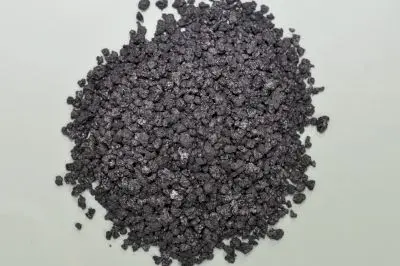
Petroleum coke, commonly known as petcoke, is a carbon-rich solid material derived from oil refining. It is used as a fuel in various industries due to its high carbon content and energy density. However, its use comes with both advantages and disadvantages. Petcoke has a very high calorific value, typically ranging from 7,500 to 8,500 kcal/kg, which means it can generate a significant amount of heat when burned.
- **Efficiency**: This high energy content makes it an efficient fuel for industrial processes that require large amounts of heat, such as cement kilns and power plants.
Petcoke often contains high levels of sulfur, which can lead to the formation of sulfur dioxide (SO₂) during combustion. This can contribute to acid rain and respiratory problems. To mitigate sulfur emissions, industries must invest in desulfurization technologies, which can increase operational costs. Petcoke can produce a significant amount of ash when burned, which needs to be managed and disposed of properly. The ash and other residues can pose handling and storage challenges, requiring additional infrastructure and maintenance.
Advantages and disadvantages of using petroleum coke as fuel and its price, Read More ...
What are the largest producers of petcoke in the world?
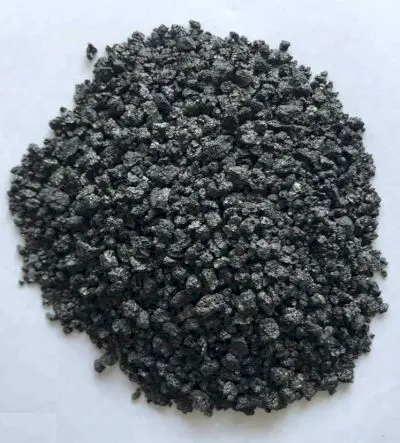
The largest producers of petcoke in the world are typically countries with extensive oil refining capacities. The United States, China, India, Saudi Arabia, Brazil, Russia, Canada, and the European Union are prominent producers. Major oil companies such as ExxonMobil, Sinopec, Saudi Aramco, Petrobras, Rosneft, and others play significant roles in the production of petcoke. These producers cater to the growing demand for petcoke in various industrial applications, including energy production, cement manufacturing, and metals processing.
Brazil has a well-developed oil refining industry, with Petrobras being a major player in petcoke production. Petrobras is the leading producer of petcoke in Brazil. Russia's extensive oil refining industry also produces large quantities of petcoke. Major Russian oil companies like Rosneft and Lukoil are key producers of petcoke. Canada’s oil sands operations produce a significant amount of petcoke as a byproduct. Companies like Suncor Energy and Canadian Natural Resources are notable producers.
What are the largest producers of petcoke in the world?, Read More ...
